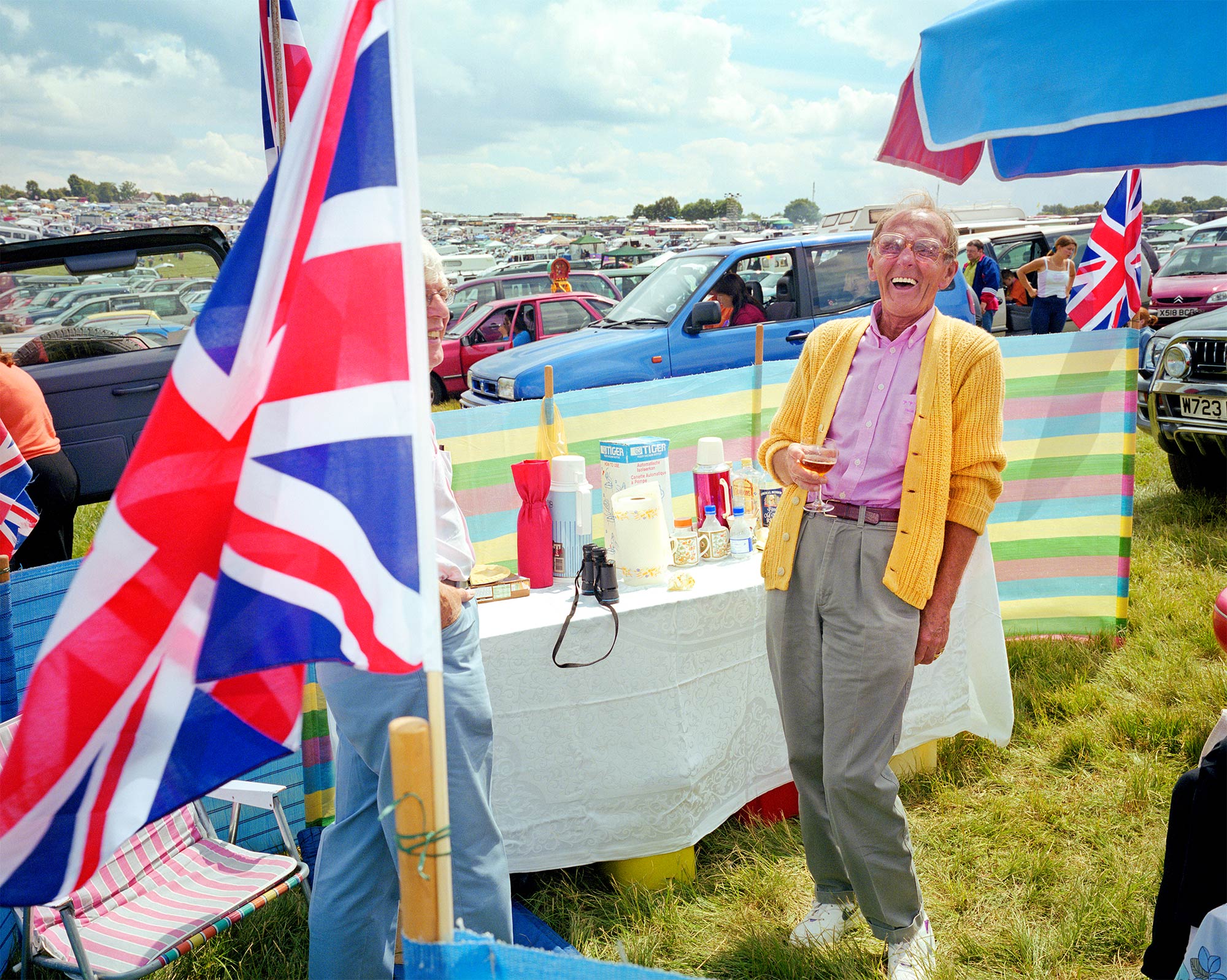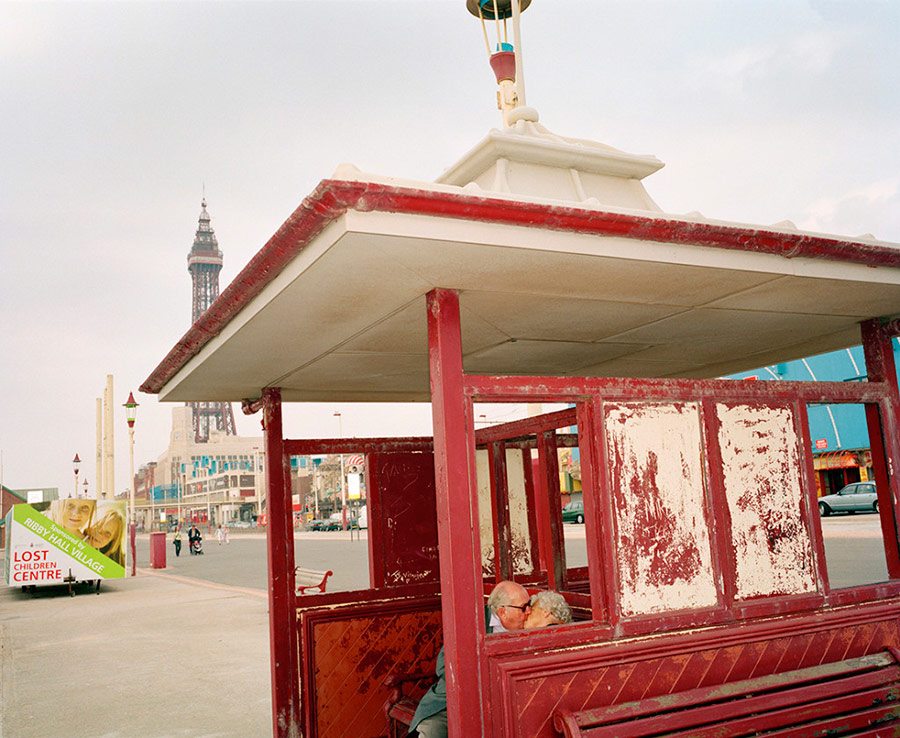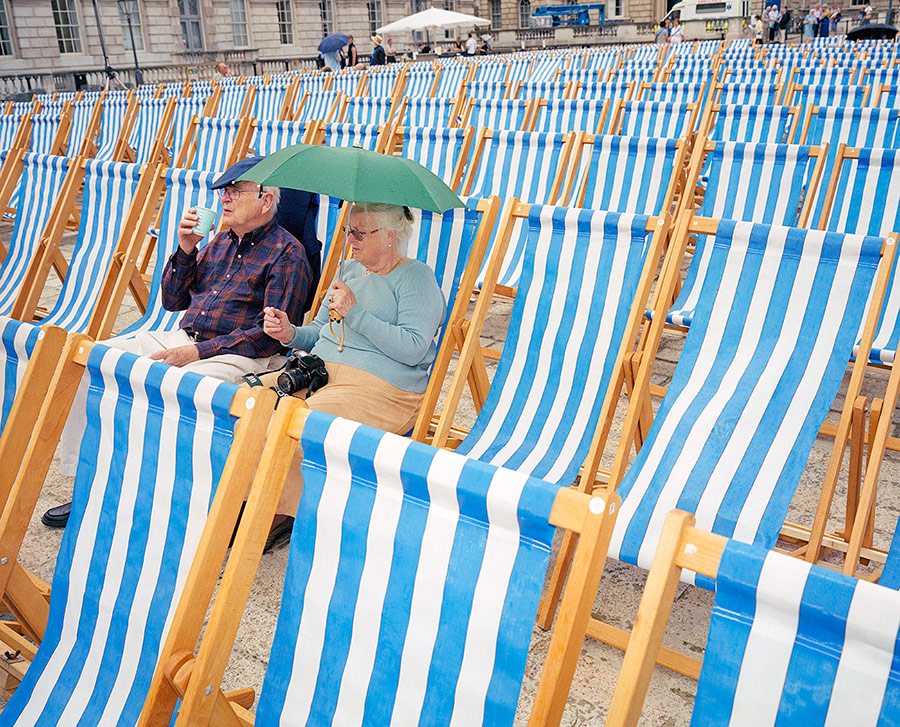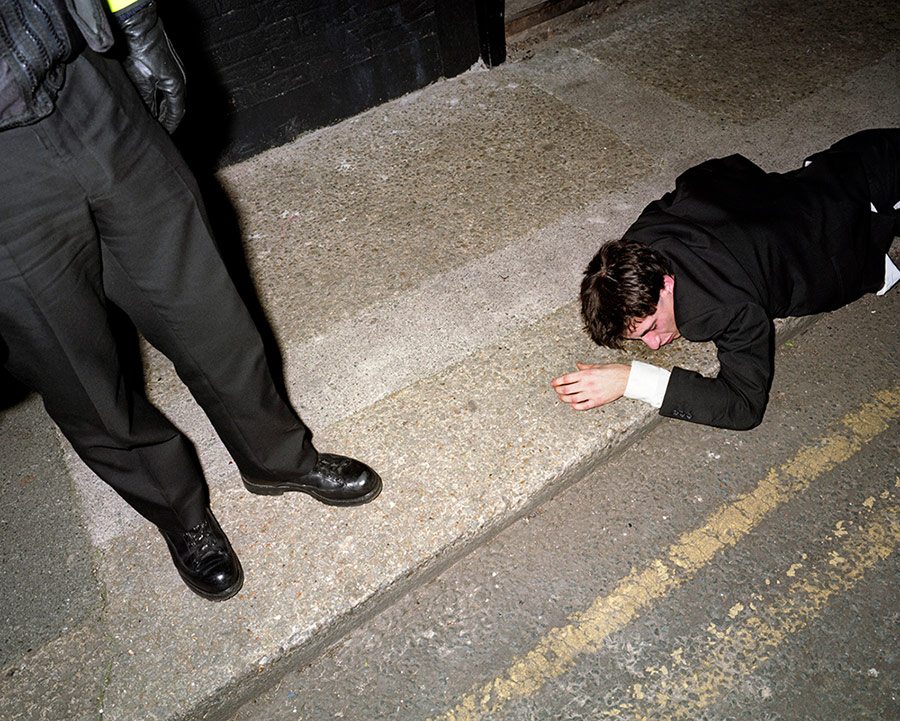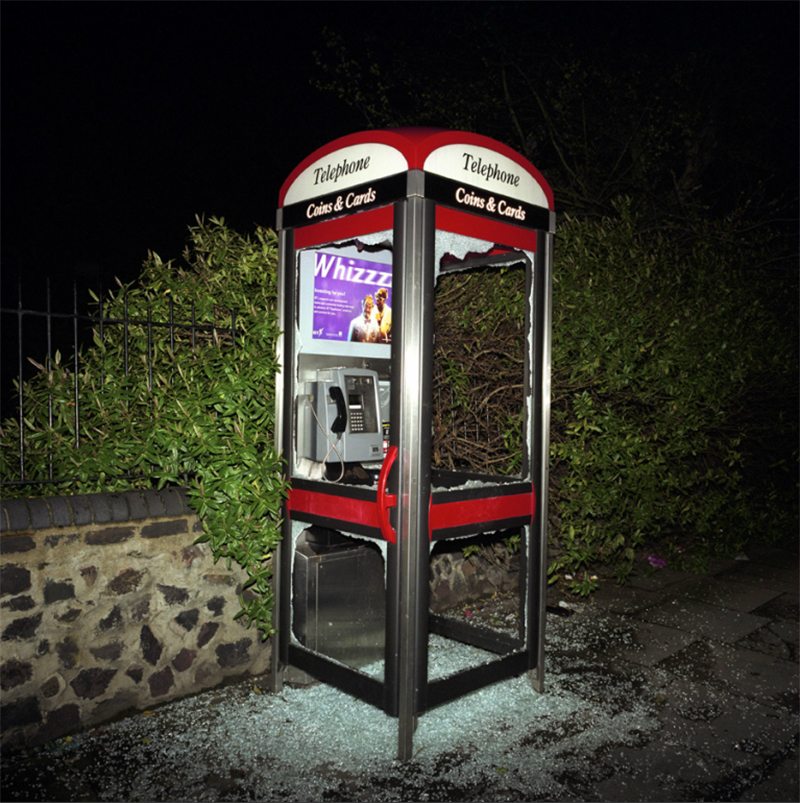INTERVIEW
Charlie Chaplin, Binge Drinking and Photojournalism
WITH PETER DENCH
“I’m always looking for humour in my pictures. Charlie Chaplin is a big influence and I often try to address serious subjects in a humorous way when appropriate. My aim is to make people laugh, make people think.”
Since the start of Life Framer, we’ve been big fans of Peter Dench and his unique take on British culture. Be it binge drinking, the rain, the royals or bad behaviour abroad, each of his series on the country delves deep into the British psyche. His are not shots that the tourism board would plaster onto billboards, and yet despite the often dark subjects, each is taken with a wry smile and through a technicolour lens..
We put some questions to him, in an effort to better understand his idiosyncratic take on photojournalism, and the satirical charm of his work.
Did you always set out to be a photojournalist, or were there other photographic disciplines – say fashion or fine art – that also appealed to you?
I never actively set out to be a photojournalist; all of my other interests fell away until only photography remained. I had to make a success of photography or perhaps face a life of unemployment and squalor.
What would you say was your ‘big break’, if such a thing exists?
I attribute the most significant early opportunity (or big break if you like) in my career to being awarded my first commission from The Sunday Times magazine in 1998 by then picture editor Aidan Sullivan; a man who has remained significant both personally and professionally ever since.
Can you describe the world of photojournalism. I’ve always imagined there’s a competitiveness to it that doesn’t exist in other genres – more than one of you looking to get the better photograph of the same subject. Is this fair?
I think this is fair; you compete for commissions against others and against yourself to be the best at what you do. Photography can often be an insular and selfish industry; for ten years I was as culpable of this. However, since entering my forties, and finding a comfort with my craft and my place in the industry, that has changed. The people I’d compete with are still around producing brilliant work and now when we meet, we discuss how we can collaborate and help each other; a far healthier way to live!
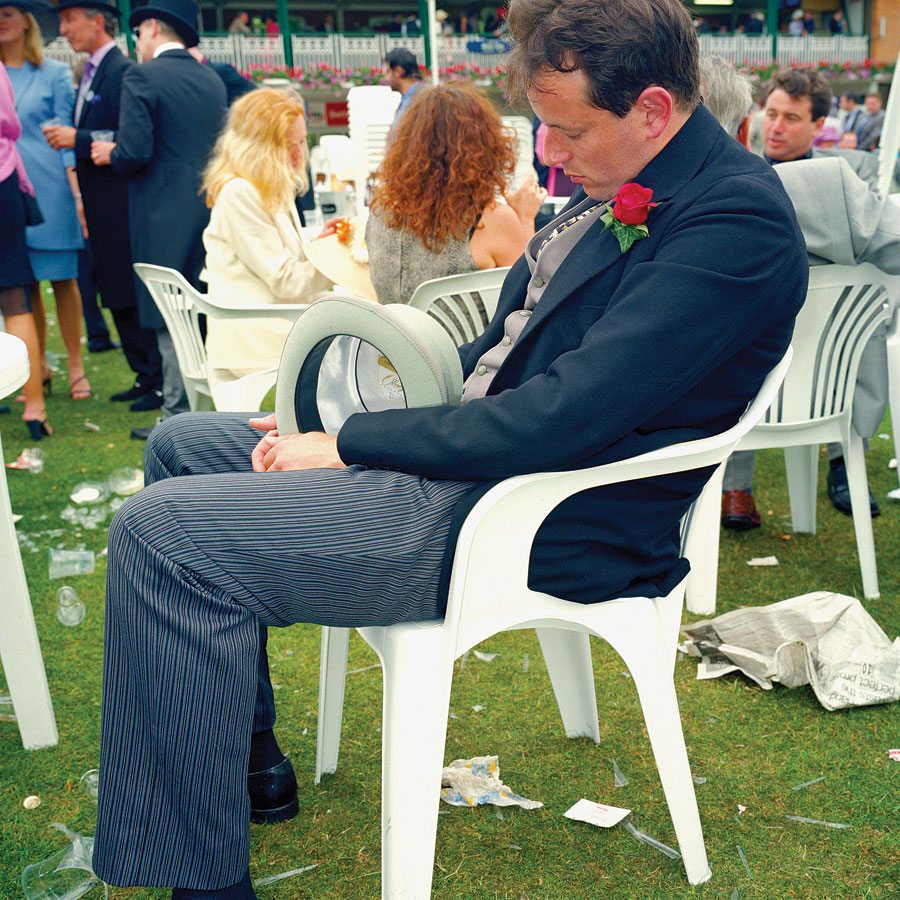
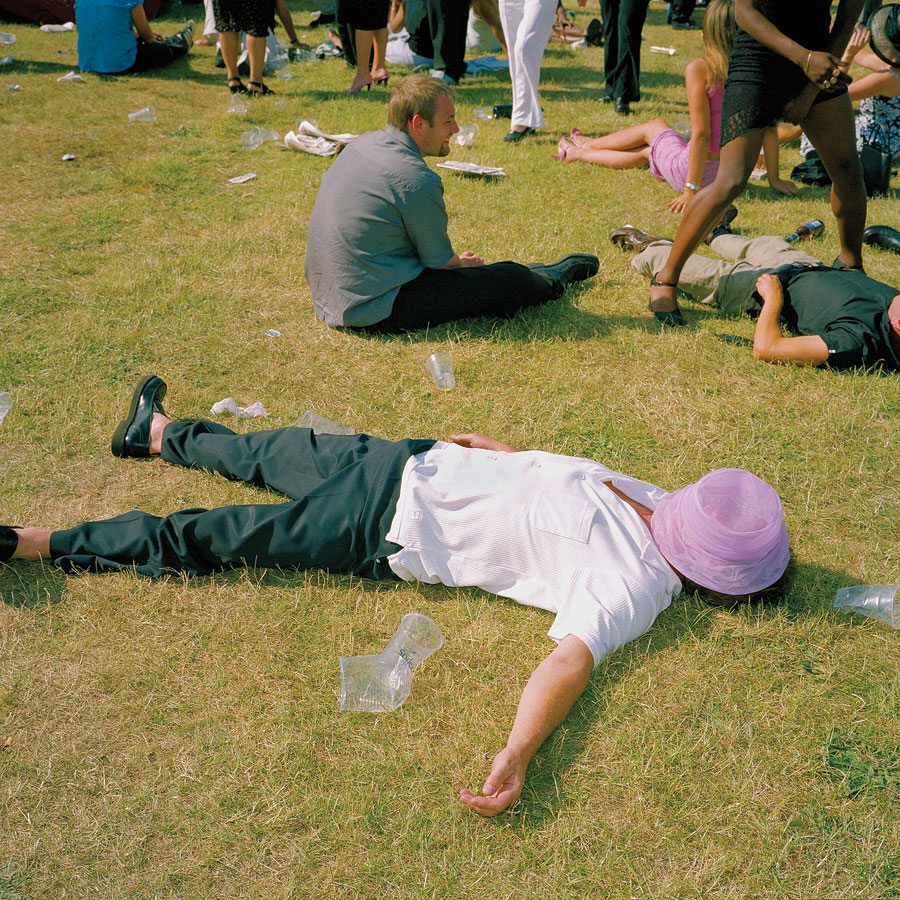
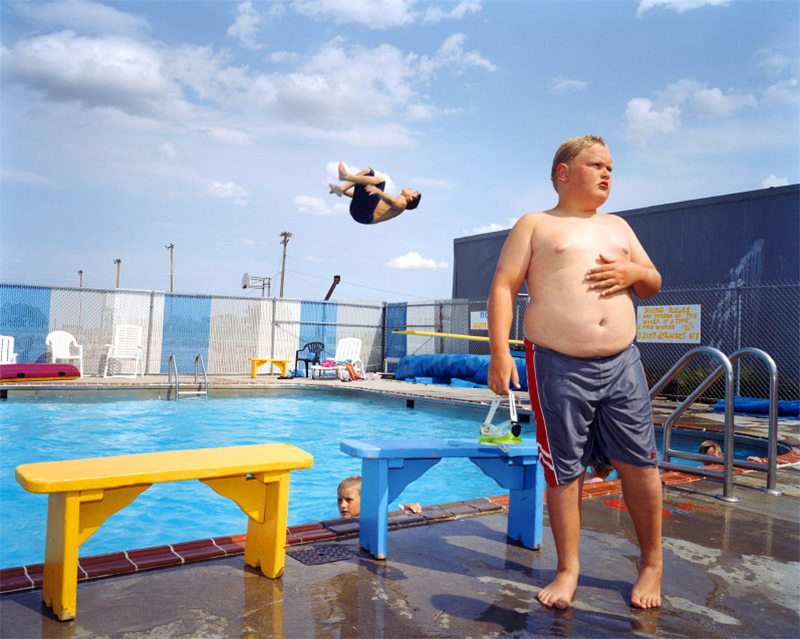
“In fifteen years of photographing the English imbiber, I’ve only ever been punched in the face once and it was, perhaps, avoidable”.
A lot of our readers are emerging or aspiring professionals. With a wealth of experience – as photographer, book publisher, gallery creative director – what kind of advice would you give them? Is there any bad advice you’ve had?
There’s a few decisions, in retrospect, I regret but always played the hand I was dealt at the time how I thought was best so it’s folly to dwell too much on these. Being a modern image maker is an incredibly exciting time; I would advise emerging or aspiring photographers to develop a wide skill set; to trust their instincts and have a clear objective and vision to cling on to if things get tough.
Your ‘UK’ series are brilliant. Each photo seems like a snapshot from what could be a long and amusing pub-story. Which series was the most fun to make, and do you have a favourite image from the set?
Thanks very much. I like to break a long term reportage into more manageable themes like the UK series; each have had their moments of delightfully bonkers fun but the drinking series has trumped overall.
Your series ‘A&E (Alcohol & England)’ has some pretty visceral images, along with the amusing ones. How do you approach a project like this? Did you get in any trouble with drunkards while collecting the images?
The fear of the drunkard is generally in the photographer’s head; in fifteen years of photographing the English imbiber, I’ve only ever been punched in the face once and it was perhaps, avoidable. I’m not ashamed to be a photographer and to take the photographs I do. My camera is always on display and I have a succinct sentence to deliver to anyone who asks what and why I’m photographing. If the situation looks too tricky, I may collaborate with the local police constabulary as I did in Plymouth and Hull for the A&E book.
And what about from a practical perspective? How do you fund a project like this, and how does it all get put together?
When beginning a project; I’ll notify all the magazines and organisations I have a working relationship with. Generally, if a commission comes their way that has a similar theme or content they’ll offer it my way which helps develop the project. Likewise, I will offer them a set of pictures if I think it would be of interest to their audience. If I’m travelling on an unrelated commission, I may stay in the area an extra couple of days to shoot personal work. There’s always more reasons not to swing your legs out of bed and spend money travelling to an unfamiliar place to photograph in the company of strangers! Funding the book itself was straightforward as all the finances were absorbed by the publisher.
In all of your travelling, is there another country that’s grabbed you in the way the UK has, and made you think ‘I want to spend some time documenting life here’?
Not quite grabbed me in the same way but I am fascinated by landlocked Belarus and would be keen to find reasons to return to Columbia.
Aside from photojournalistic work, you’ve also done a lot of portraiture. Tom Jones, Jamie Oliver, Alicia Silverstone. This world of lighting rigs and poses must be quite different to shooting in the public realm?
It’s not so different; the kit bag pretty much remains the same as it would for a more traditional reportage assignment. The biggest difference is there’s a lot more chatter.
And finally, which photographers inspire you?
In relation to the development of my own work, I’m more inspired by writers, bloggers and columnists; Danny Wallace; Tim Dowling; Jon Ronson and Sean Thomas among others. The photographers I admire, are the ones who do what I don’t, and here I’m thinking of Marcus Bleasdale; Tom Stoddart and Brent Stirton.
